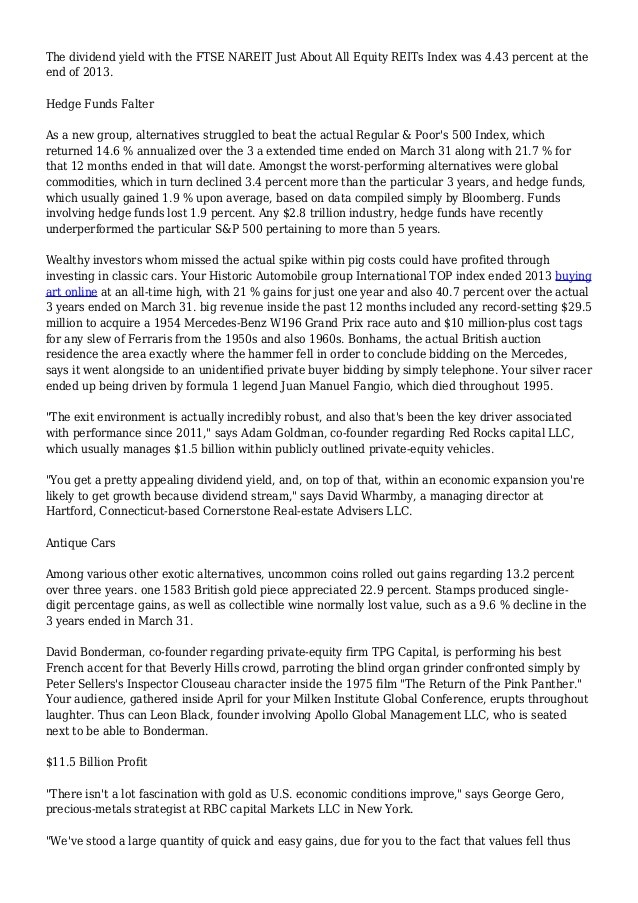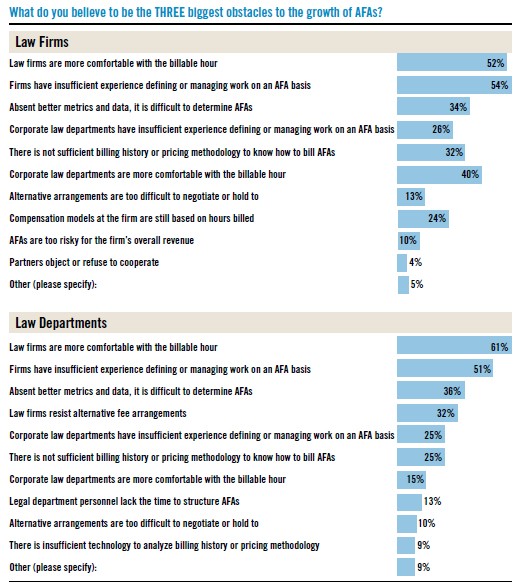Alternative Investments Silver Law Group
Post on: 15 Май, 2015 No Comment

Alternative investments can only be described by what they are not, alternative investments are anything that is not a traditional stock or bond. As commissions on traditional stocks have shrunk to compete with costs charged by online discount brokerage firms, Wall Street has created a wide variety of alternative investments to sell to investors. These alternative investments are manufactured in a variety of ways and each major Wall Street firm has its own proprietary investments. These complex investments are frequently sold by investment banks as an alternative to investing in the stock market or as a complex hedging strategy which allows an investor to hedge his risks against the stock market. However, these investment products frequently have significant fees and costs paid to themselves and affiliated companies. Alternative investments are now considered a core product by most financial institutions and represent a significant percentage of Wall Street’s revenues. The mainstreaming of alternative investments creates a wide breadth of investment products over many different investment categories.
Alternative Investments have emerged as its own asset classification over the last decade as a result of investor disappointment in returns realized from portfolios holding traditional investments alone. Traditional investing is considered to be any investment strategy which involves maintaining “long” positions in stocks, bonds and cash. Traditional investment portfolios hold varying proportions in these asset classes in accordance with an asset allocation strategy that is based on historical returns and volatility designed to maximize returns for a specified level of risk. This type of portfolio construction method across the traditional asset classes of stock, bonds and cash result in investment returns “relative” to the overall securities markets. Whereas, alternative investments are intended to provide “absolute” investment returns over time which many argue allow investors to avoid extended periods of low nominal investment returns.
Alternative investments have long been available to sophisticated investors, such as large pension funds, foundations and trusts. Retail investors have become targeted by Wall Street firms with alternative investments packaged in familiar investment vehicles, including private placements, mutual funds and ETFs. The alternative investment universe is comprised of investments in:
- Real Estate;
- Infrastructure;
- Private Equity/Venture Capital;
- Commodities; and
- Hedge Funds .

Alternative investments can have certain investment characteristics, including:
- low correlation with traditional investments;
- greater diversification;
- potential for greater returns over time;
- limited performance histories;
- long term investment time horizon;
- non-traded, limited liquidity; and
- limited downside in volatile markets.
The primary rationale for investing a portion of an investor’s portfolio in alternative investments is to generate portfolio returns with greater returns on a risk-adjusted basis. The supposed low to negative correlation of alternative investments to traditional investments provides superior results for an investment portfolio during “down markets” which smooth portfolio returns over time. Professional money managers caution investors cannot “market-time” when to invest in alternative investments which Wall Street firms argue makes alternative investments a permanent part of an asset allocation strategy.
Investors are frequently advised that these assets are not correlated to the securities markets the implication being that these investments are less risky or more manageable while history has shown the opposite to be true and that these types of investments are actually very risky and difficult for an investor to manage. Alternative Investments are frequently complex and multi-faceted which allegedly provide greater investment opportunity in the face of many obstacles which retail investors must weigh against the alleged potential benefits, including:
- lack of transparency;
- lack of suitable performance benchmarks;
- inherent conflicts of interest;
- higher fees and commissions;
- illiquid, non-traded investments;
- less securities industry regulation;
- non-transferable interests; and
- long term, investment time horizon.
Alternative investments benefits can be described in technical terms, but there are serious concerns about the suitability of these types of investments for retail investors. Retail investor liquidity concerns make investments suitable only when there is a long enough investment time horizon over multiple market cycles. In many instances, alternative investments are not traded or uncertain pricing makes it difficult to ascertain actual performance measurements. In addition, portfolio construction methods used by traditional asset allocation models are unable to accurately predict portfolio returns when alternative investments are added because their prices are not measurable with limited price histories making risk/return assumptions tenuous leaving financial advisor unable conduct adequate due diligence required for making suitable investment recommendations.
In 2014, the Securities Exchange Commission (SEC) issued a press release, SEC Issue Risk Alert on Investment Adviser’s Due Diligence Processes for Electing Alternative Investments, which reminds financial advisors of the compliance requirements related to the recommendation of alternative investments to investors. According to SEC staff, certain deficiencies were found in advisory firms what were examined, including:
- Omitting alternative investment due diligence policies and procedures;
- Providing potentially misleading information in marketing materials; and
- Due diligence practices that differed from those described in advisor disclosures to client.
Nonetheless, because these alternative investments offer higher-than-typical commissions, these products are often sold by a large group of different broker-dealers. Each of these broker-dealers may have its own fees and costs. The broker or selling agent might be guaranteed a fat commission that allows the broker/selling agent to get paid from a clients investment long before the client does, which results in there being less money to work for the investor. The investor, unfortunately, is not guaranteed anything other than having to earn a high percentage on the investment to cover the sales concessions, management fees and/or commissions.
Our lawyers have represented investors in Financial Industry Regulatory Authority (FINRA) claims against brokerage firms, investment banks, and others with regard to a variety of alternative investments. The cases have included claims for misrepresentations and omissions of material facts. conflicts of interest. undisclosed fees and commissions, illiquidity, failure to conduct adequate due diligence, failure to supervise and train registered representatives on how to properly sell these types of investments, failure to provide investors with a full, fair and balanced presentation, and violations of the federal and state securities laws.














